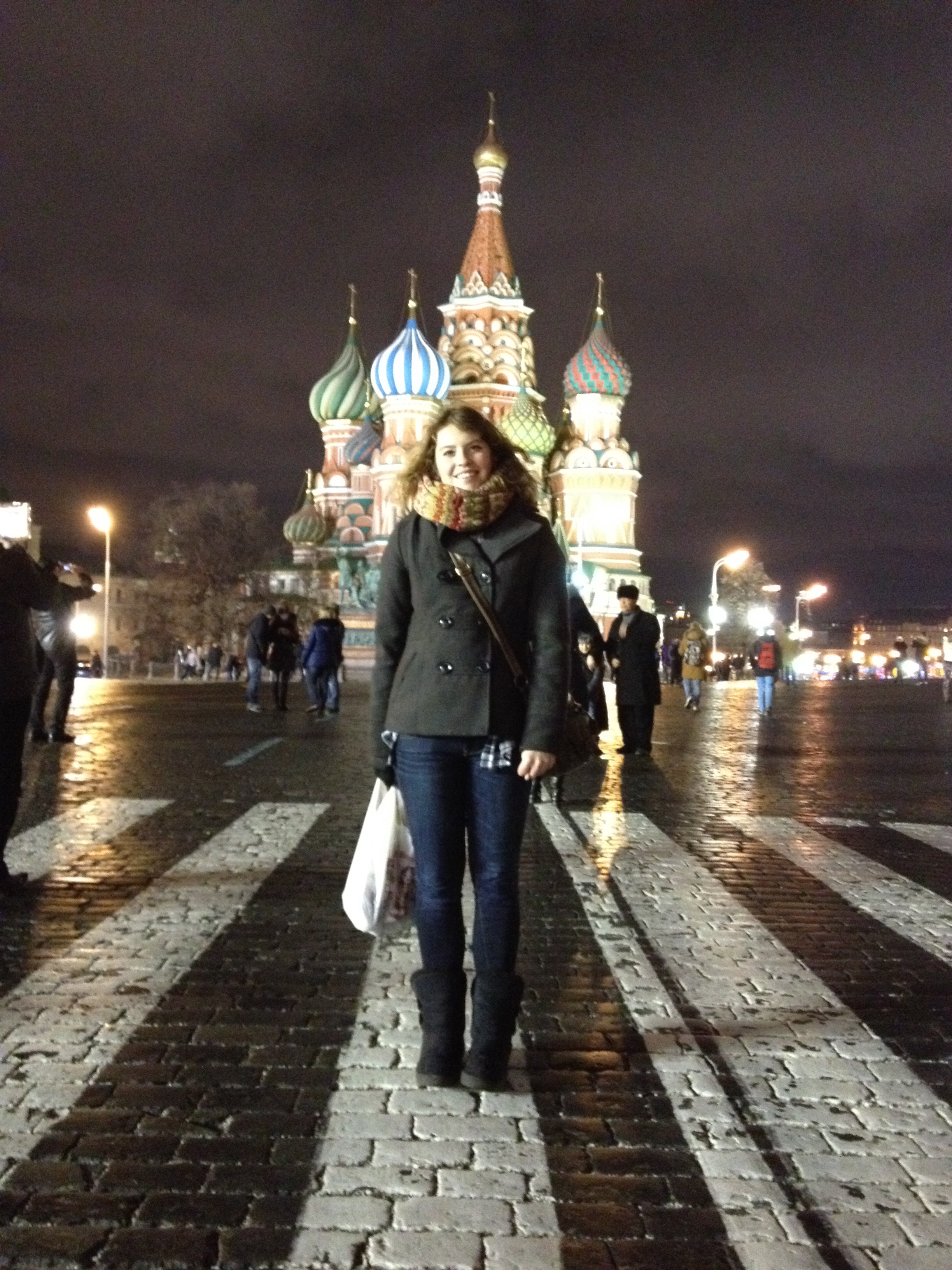Home » International Experiences (Page 3)
Category Archives: International Experiences
Recent Posts
Categories
Third time’s the charm
It is now my senior year at Juniata, and for the third time, I traveled to Quebec during fall break (October 11th to the 14th). Unlike previous years, this trip was something that I especially looking forward to for several reasons:
Fall break this year came about 2 days after the Fulbright program’s deadline. The application process was very challenging, and by far, it has been the most difficult application that I have written. I applied for a linguistics research Fulbright in Cote d’Ivoire, a project that stemmed from my internship in Strasbourg, France in the Spring of 2018. I worked diligently with a cadre of faculty members who pushed me to craft a competitive and compelling research project. The process got overwhelming and intense at times, so after the Oct. 9th deadline, I was excited to travel to Quebec and celebrate, alongside another Fulbright applicant and a friend of mine, Annaleigh Baremore.
Annaleigh and I are French club officers and worked together to plan this trip, despite meeting many obstacles. First, the Quebec trip did not occur during the previous year when Annaleigh and I were abroad. Professor Henderson who is head of the French department and also the club’s advisor was away on sabbatical. As seniors, Annaleigh and I wanted to bring this trip back, and travel to Quebec one last time. Another issue that we encountered was the high cost of transport, which almost canceled the trip. However, at the very last minute, the Office of Student of Activities gave us a minivan and two vehicles to go to Canada!
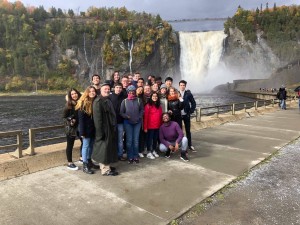
This 3rd trip to Canada was in my opinion the best because we had a diverse cadre of students. The trips were previously dominated by French speakers, but this time we had students who spoke Spanish, Korean, German and Hindi. I was happy to see them participating and learning about francophone cultures. They all tried poutine, maple syrups, all specialty of Canada. In addition, because we all shared various backgrounds, we tried other cultural foods: we went to a Korean restaurant in Montreal called Kantapia and drank some bubble tea at Chai. Once in Quebec City, we had dinner at a Cambodian restaurant and tried a delicious tapioca desert!
Although the experience was tiring, given that we had a 12hours ride back to campus, I would do it once again if could. As it is my last year at Juniata, I will be looking at various memories such as this trip to smile back on.
Returning from Cork, Ireland
When I was walking around Huntingdon on my first day back at Juniata College, I couldn’t help but smile. Even if I had an amazing time in Cork, Juniata was still home.
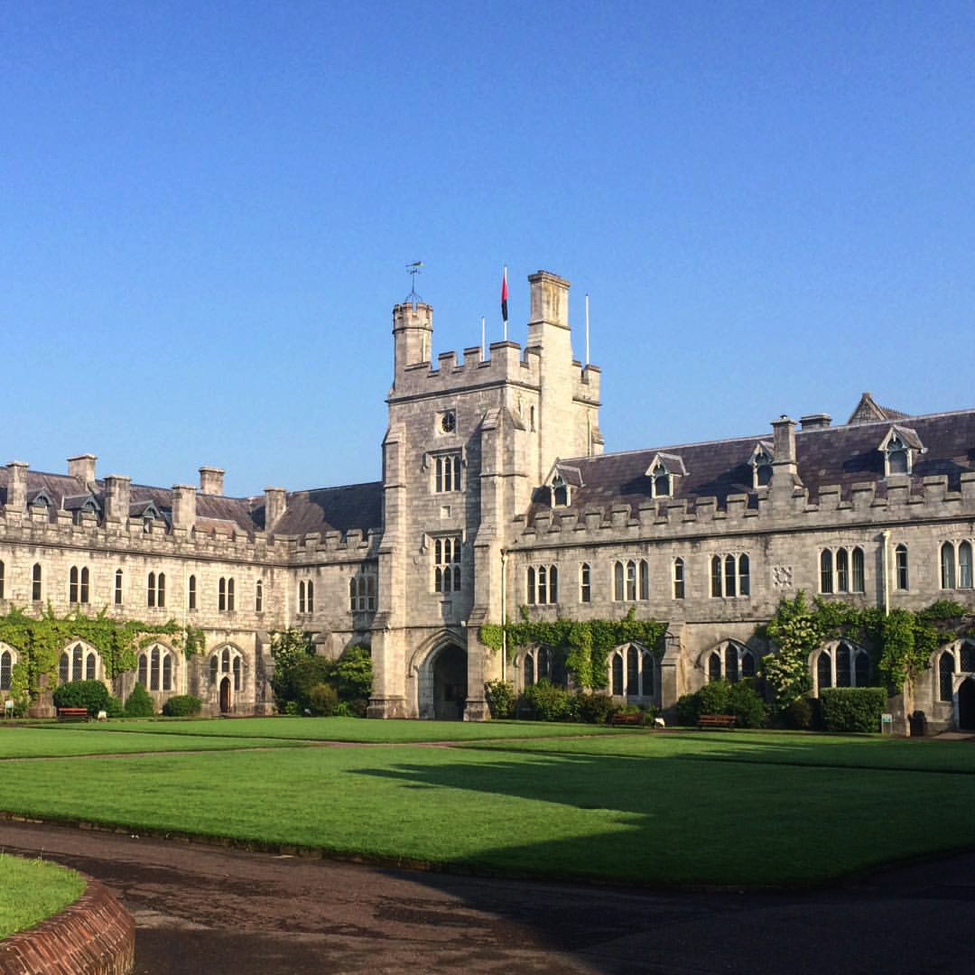
I spent my entire junior year studying Irish language and literature at University College Cork in Cork, Ireland. Talking about study abroad is tricky – you don’t want to downplay the opportunities and experiences you had while there, but you also don’t want to sound arrogant or pretentious. In terms of school, UCC is much larger than Juniata. UCC has just under 20,000 students, around 2000 of which were international students like me. Compare that to the approximately 1600 undergraduate students at Juniata.
Most of the classes I took were within the Celtic Civilisation department (yes, civilization has an “s” instead of a “z” in Ireland). These classes had small, discussion-based approaches like at Juniata. This was not the case for other students in larger departments. I was happy to learn about Celtic linguistics, Old Irish grammar, and Otherworld literature as part of the 30-credit Certificate in Irish Studies that I earned.
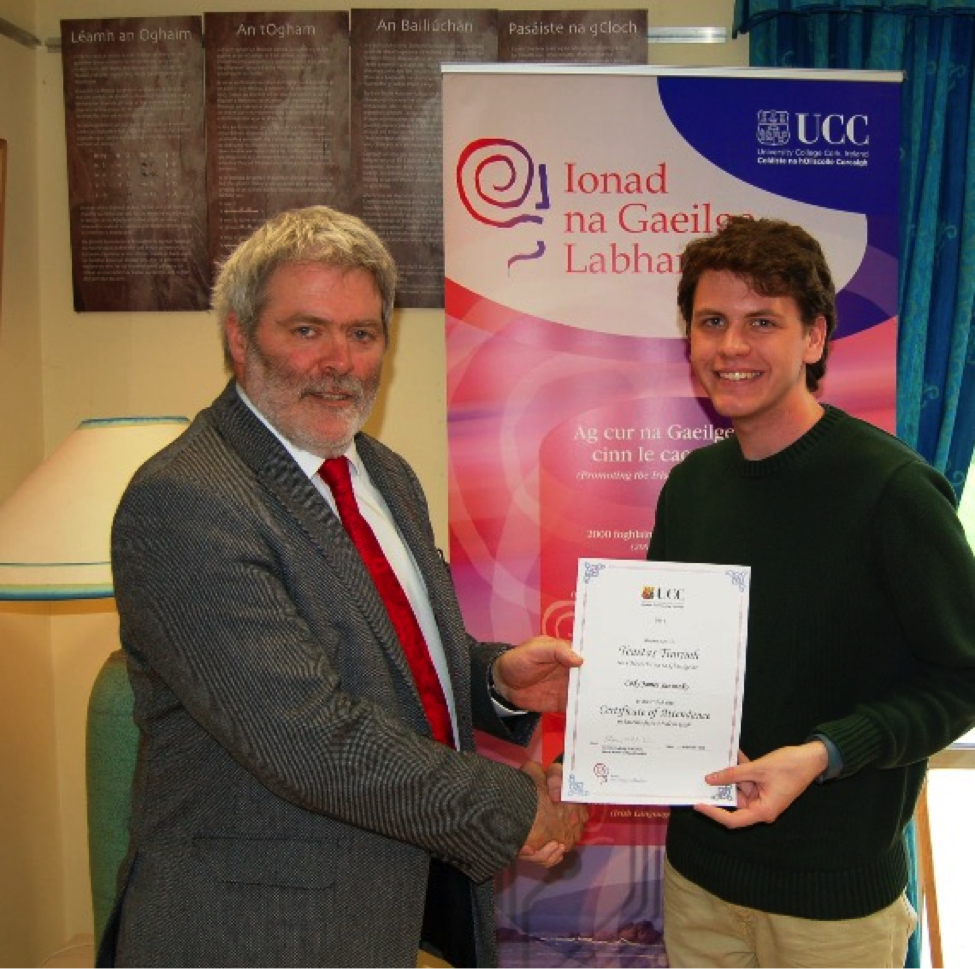
The primary difference, for me, between Juniata and UCC was the workload. Juniata students are driven by a deep desire to learn that comes from somewhere within them. Most work abroad was done right before the heavily weighted final exams. I suppose they would think our structure was strange if they came here, though. Additionally, a huge difference upon returning is working. I have a few campus jobs, and I love working for Juniata. I couldn’t work at UCC because I didn’t have the paperwork to be eligible, and the shift from not working to working has been an adjustment these past few weeks. However, that adjustment is a welcome one. I really missed working in the Writing Center while abroad, and I made sure to meet up with some tour guide friends who were abroad to catch up with them.
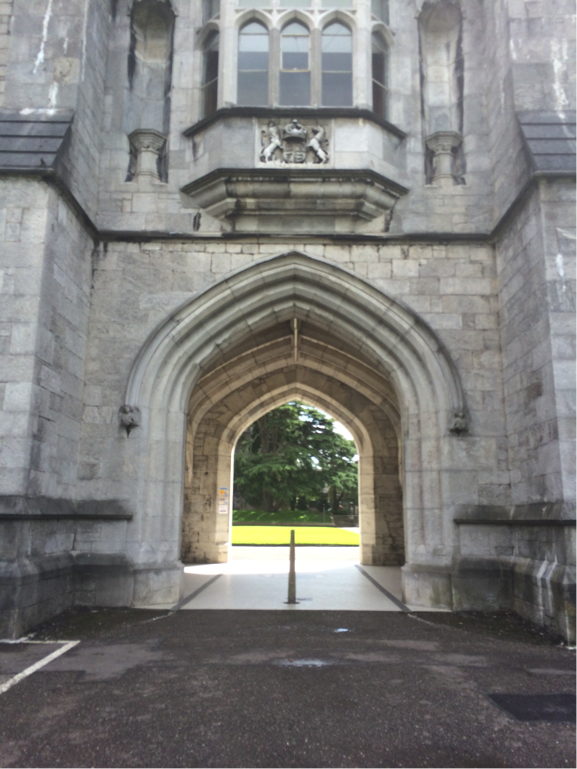
One of my favorite aspects of Juniata is that it has offered me opportunity after opportunity, and one of the greatest has been the chance to study abroad at UCC. I came back with so much academic, personal, and cultural development, but I am thrilled to be at Juniata again. I’ve had so much fun (and I’ve learned so much) talking to other students who were here last year and who were abroad, and I love seeing the way their eyes light up when they tell stories from abroad, or talk about an event on campus that they orchestrated, or dive into the developments they made in their research. You could say that what I missed the most about Juniata was the passion in the students.
Go raibh maith agat, a Chorcaigh, ach táim sa bhaile anois.
Thanks, Cork, but I’m home now.
Francophone Fest!
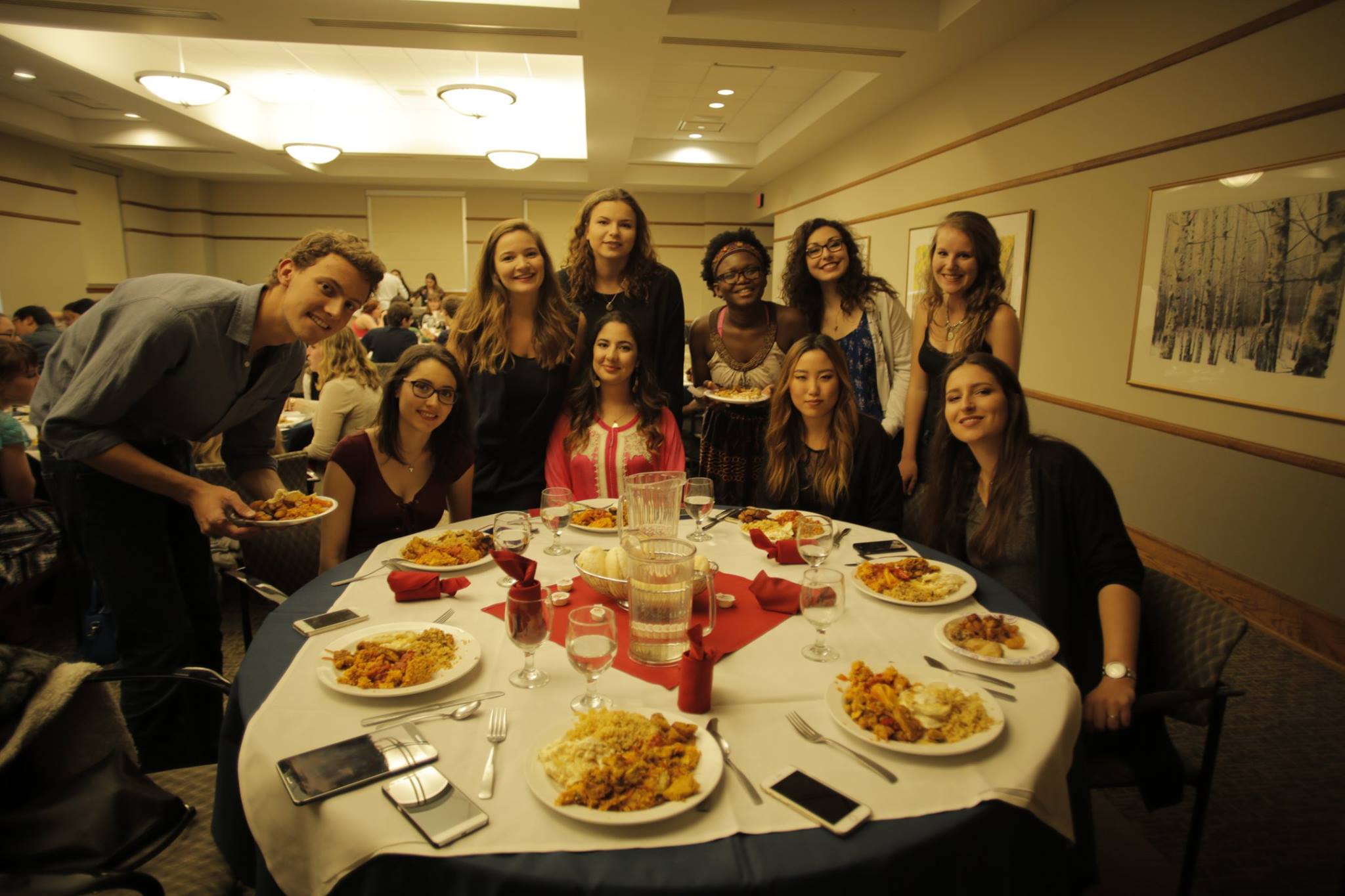
As the school year comes to an end, there are more and more activities and events on campus. Most recently, I was involved in the week-long Francophonie festival, which was organized by the French club. After having been recognized by the French embassy for its diversity and contribution to the French Language, the French club celebrated and showcased the various cultures of French speaking countries. The club members and I pulled our strengths together to make dishes, create performances and presentations, and promote Francophone culture.
The week-long festival started with short country presentations given to the public by students representing a particular francophone country, including Côte d’Ivoire (given by me!), Tunisia, Bretagne (a region of France), Burkina Faso, and of course, France! I even learned some fun country facts; Planet Tatooine from Star Wars is an actual town in Tunisia! There were also movie screenings such as Kirikou and the Sorceress, one of my favorite animated films, and Timbuktu, an Oscar nominee for best foreign film, which shows the effects of Jihadism on both the victims and culprits. I was very happy to see that some of the events were considered extra credit for various courses!
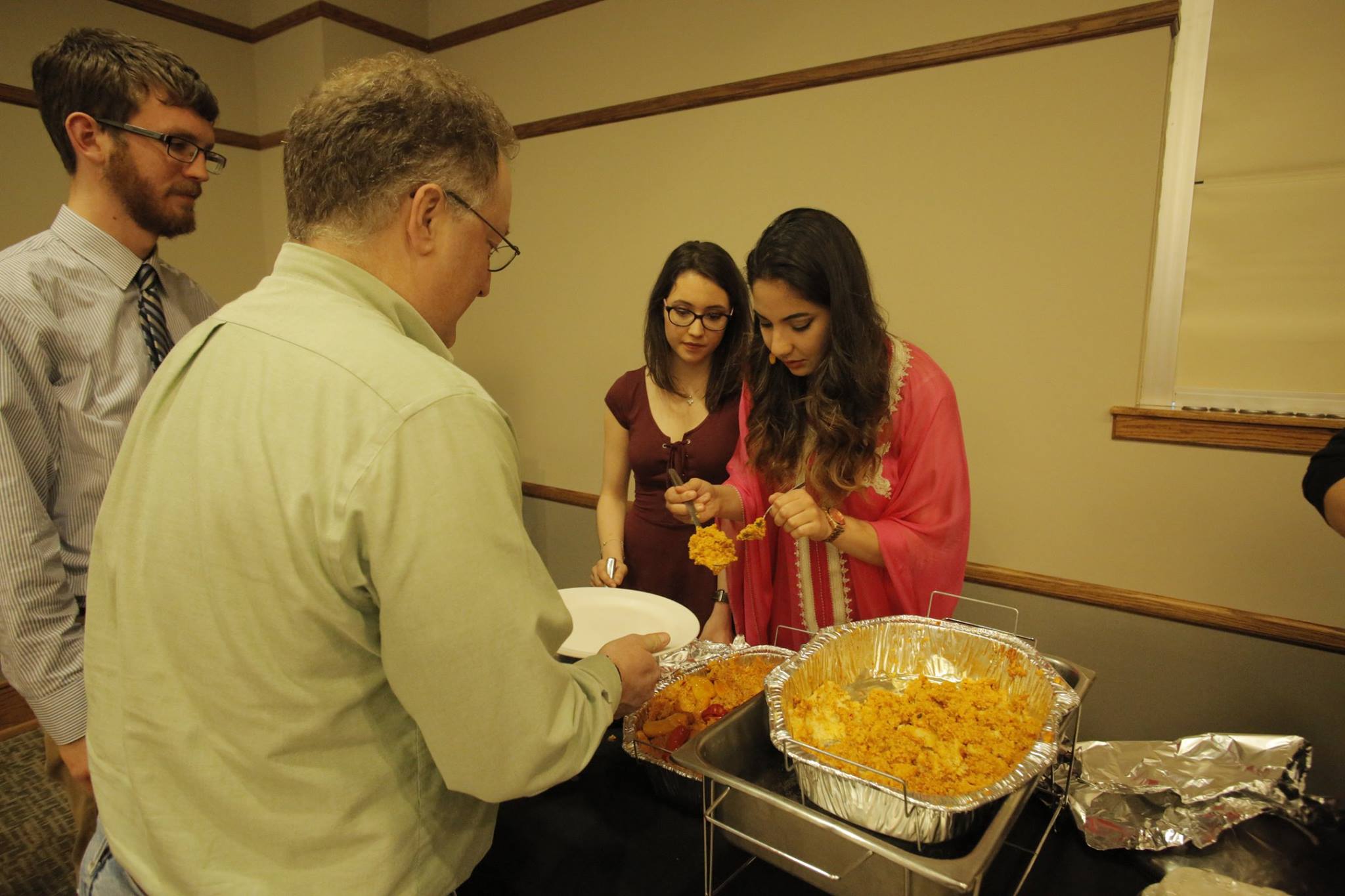
To conclude the event, we organized a dinner, with dishes from various francophone countries. As a result, I decided to make our famous alloco (fried plantains), fried sweet potatoes, and my own recipe called sardine fried rice. This dish in particular was a combination of a fried rice recipe, taken from my host mother during my stay in China, and Ivorian spices! The biggest challenge was obtaining ripe plantains two days before the dinner. Although it seemed impossible, we were able to find the ideal plantains in the local Walmart! Other dishes included Tunisian couscous and gratin dauphinois from France. In the audience, there were middle and high school students present, and they enjoyed the food as well as learning about the Francophone world.
Finally, the dinner came to an end with an energetic dance performance by me, Haruka, the French club’s president, and Joël from Burkina Farso, to a song called “Remanbele,” by Serge Beynaud. The dance moves were mostly based on an Ivorian dance and musical style called coupé-décalé! My friend, Yasmine, also performed an Arabic dance from Tunisia. Given the success of the festival, the French club and I look forward to making the event happen again next year, and every year after that!
The Multicultural Storyfest
Each year, Juniata holds a Liberal Arts Symposium—a day when all classes are cancelled and students have the opportunity to present their research to the campus community. Oftentimes, international students are not able to contribute to the symposium because many of them study at Juniata for only one semester. For this reason, Grace Fala, special assistant to the President for diversity and inclusion and professor of communication, developed the “Multicultural Storyfest.” This event takes place during the Liberal Arts Symposium and invites international students as well as other interested students to share parts of their heritage with the community.
This year, I am receiving two credits to serve as the intern for the Multicultural Storyfest. I have been working very closely with Grace and a few other students to help coordinate the largest one yet. We will have a total of 19 performances representing the following cultures and co-cultures: African, American Indian, Amish, Burmese, Buddhism, Chinese, Indian, Irish, Italian, Filipino, German, Japanese, Korean, LGBTQ, Maori, Middle Eastern, Pakistani, Salvadoran, Thai, and Vietnamese.
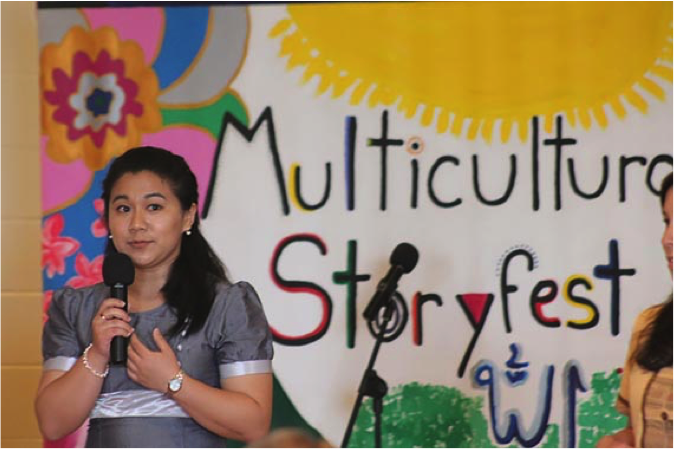
Personally, I will serve as the emcee for the event and also be a part of the performance representing Maori culture in New Zealand. One of my best friends studied abroad in New Zealand, so we are going to incorporate what she learned into our performance. We will be teaching about common greeting words and customs used by the Maori people. Other students will be dancing, singing, playing instruments, modeling, and reading poems.
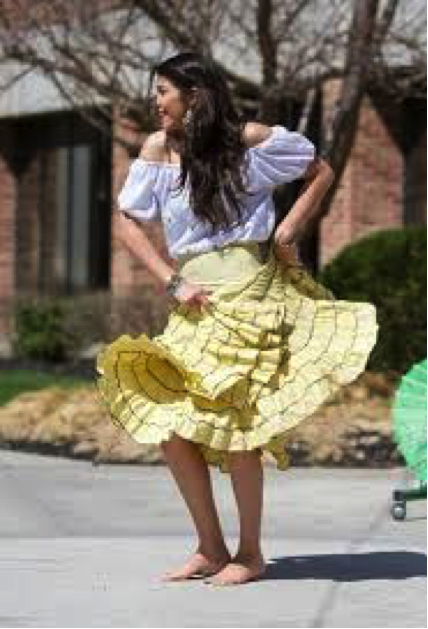
All in all, I have gained so much valuable experience and many budding friendships from organizing this event. I have been able to meet and talk to people from all over the world!
If you’re interested in attending the Multicultural Storyfest, it’ll take place on Detwiler Plaza on Thursday, April 21st from 1:30-3:00 pm. I hope to see you there!
Extending My Abroad Experiences
My study abroad experience was absolutely life-changing, so it only makes sense that it’s having lasting effects now on my senior year. Last year, I studied abroad in Russia in the fall and India in the spring, and though unique to each other, both gave me independence, self-confidence, and a greater understanding of other cultures.
This semester I am sharing that understanding of other cultures with local schools through our Language in Motion program. This program links any student who has first hand language or cultural knowledge (so anyone who studied abroad but also international students too) with K-12 teachers. I haven’t visited any classes yet, as I’m still trying to find a time that fits both my schedule and the teachers’, but I’m excited to share my experiences with the students! Throughout the semester I have been planning lessons, ranging from teaching basic words in Russian to smelling and tasting different Indian spices. Language in Motion not only enriches students’ knowledge and encourages them to study a language/go abroad but also allows me to share my experiences and practice my public speaking and teaching skills.
In addition, I am writing an honors thesis this semester, which was heavily inspired by my time abroad. One similarity that both Russia and India has is its endemic nature of political corruption. This fascinates me (especially the overarching acceptance of corruption), and resulted in questions such as, “How are corrupt acts seen by those living in the society?” “How does external information and dialogue influence the behavior of those receiving the information?” “How is corruption talked about in media outlets?” The more I thought about it, the more I realized that this topic could easily get out of hand and become a PhD dissertation. That last question, however, was manageable and grew into my thesis project.
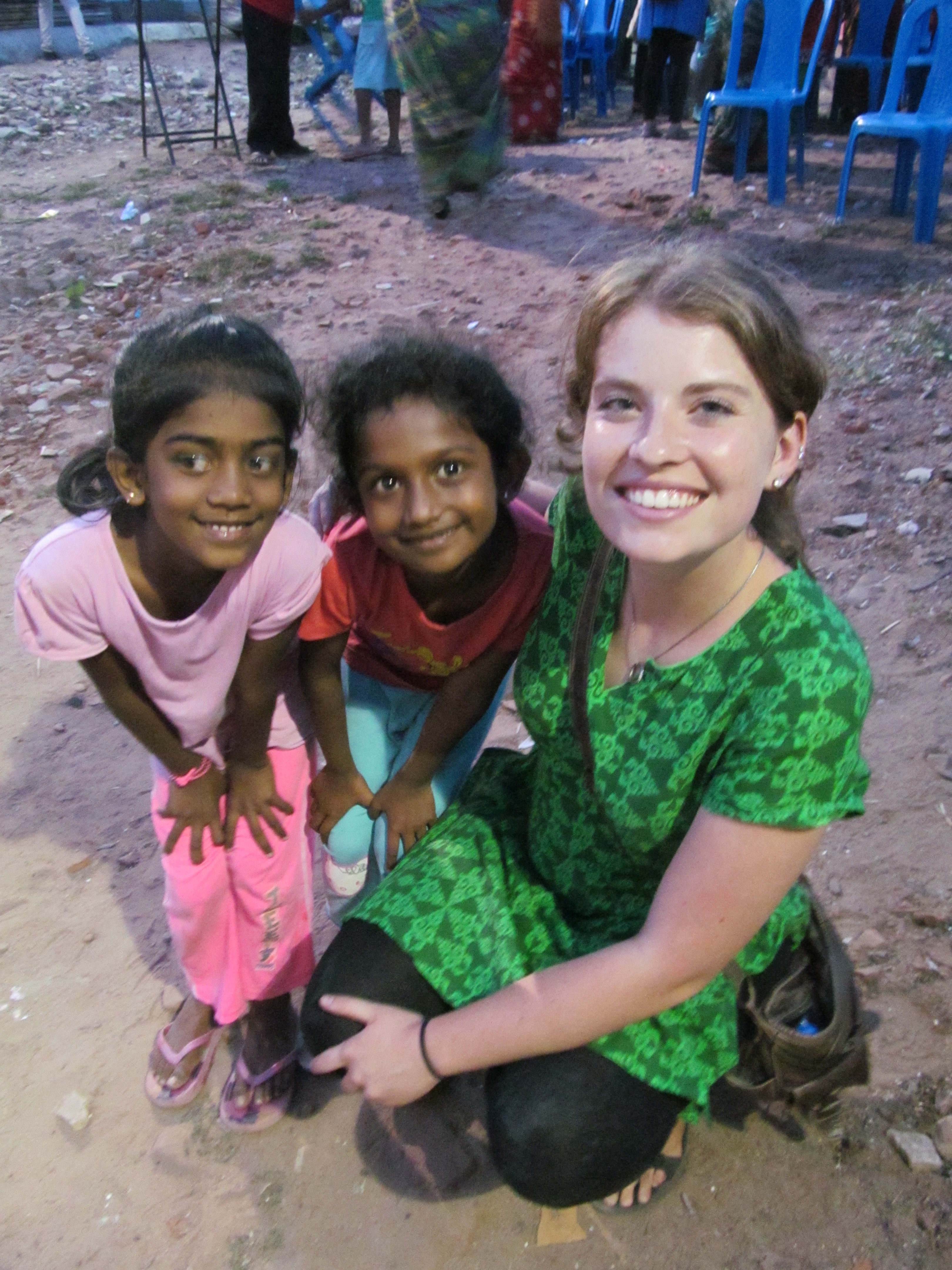
For several months now, I have been looking at a single political corruption case and through qualitative methodology, I have been analyzing the language that is used in news outlets. It has been a daunting task, and I still have a ways to go. It’s been keeping me busy, maybe a little busier than a second semester senior would like! This process has and will continue to be very rewarding, though, as I’m learning so much about qualitative research and at the end of April I will present at the Liberal Arts Symposium (eek!). Ultimately, studying abroad has opened up many different avenues and opportunities for me, and I will always be incredibly grateful for that.

